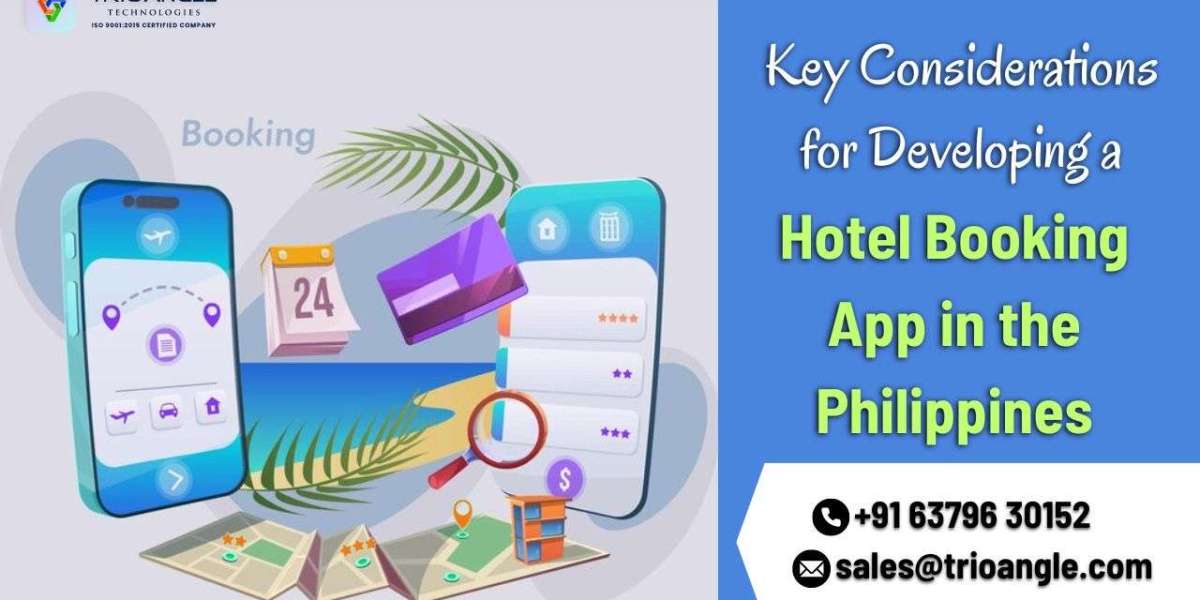The Philippines is a Southeast Asian archipelago paradise, known for its stunning beaches, vibrant culture, and astonishing natural landscapes. This makes it a prime destination for tourists seeking adventure, relaxation, or cultural immersion.
The Department of Tourism (DOT) reported that around 8.2 million tourists visited the Philippines in 2023. As the tourism industry flourishes in the Philippines, the demand for convenient and accessible hotel booking solutions also increases.
To capitalize on this growth, a well-designed hotel booking app can be a game-changer. But before diving into development, here are some key considerations to ensure your app stands out in the Philippine market.
Let’s delve in!
Understand the Market
The Philippines caters to a diverse range of travelers. To ensure the success of your hotel booking script in the Philippines, it’s crucial to understand the market and your target audience. Will your app target budget-conscious backpackers, luxury seekers, or families? Understanding your target audience will help you design your app features and marketing strategies.
Additionally, research existing hotel booking apps in the Philippines to identify gaps and opportunities to differentiate your app with unique features or a focus on specific regions.
Localize Your App
The Philippines boasts a highly mobile-savvy population, with a smartphone penetration rate exceeding 80%. This translates to a large potential user base for hotel booking clone apps.
While English is widely understood, prioritize Tagalog, the national language of the Philippines, to ensure easy app navigation and integrate local payment gateways like GCash, PayMaya, and e-wallet options to facilitate seamless transactions.
Filipinos are also highly active on social media. So, incorporate features like social logins, reviews, and referral programs to leverage this social influence.
Define Unique Value Proposition (UVP)
A strong UVP makes your app stand out from the competition. Highlight local, independent hotels and hidden places that are not found on mainstream platforms. Partner with local tourism boards and offer curated experiences to customers.
Furthermore, enable basic search and browsing functionalities in your hotel reservation script even with limited internet connectivity, a common issue in some Philippine areas.
Data Security and Privacy
Filipinos are increasingly concerned about data security. so it’s crucial to implement robust data security measures and clear privacy policies to protect user information, particularly payment details. Compliance with Philippine data privacy regulations (PDPA) is essential to avoid any legal issues and build trust with users.
Build a Robust App Ecosystem
Establish strong partnerships with a wide range of hotels and resorts, including independent properties and local chains, to offer a diverse range of options. Utilize hotel booking script APIs to ensure real-time availability and pricing information.
Moreover, facilitates communication between travelers and hotels directly within the app for inquiries and booking confirmations. This convenience attracts more users to your platform and builds trust among users.
Wrapping Up
By considering these key factors and tailoring your app to the specific needs of the Philippine market, you can develop a successful hotel booking clone app that caters to both travelers and local businesses.
Keep in mind that continuous improvement and adaptation are key to success. Regularly gather user feedback, analyze app performance metrics, and stay updated on industry trends to ensure your app remains the go-to choice for Filipino travelers.

![[Expert Verified] CIPM PDF Dumps (2024) - Tips to Pass CIPM Exam](https://www.flexsocialbox.com/upload/photos/2024/06/3va4V95UPQDeWKXclMck_12_0a8808f738aa7acff740d1a5b94b0a2a_image.jpeg)

